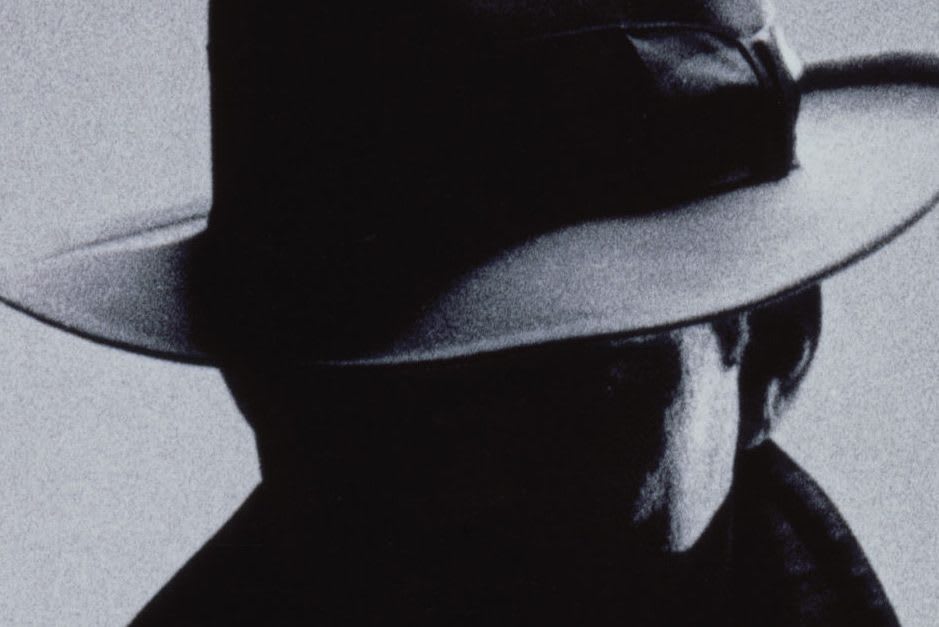Perhaps the most interesting news story that flew below most people’s radar in April involved the newly-hired principal of Pittsburg High School in Kansas, who resigned after student journalists threw a spotlight on her questionable credentials.
Amy Robertson, the principal in question, reported that she received her master’s and doctorate degrees from Corllins University. The U.S. Department of Education has no record of such a school among the country’s 7,600 accredited colleges and universities, nor is it listed as a school that closed since Robertson reportedly earned her degree in 1986. The students found online references to Corllins University as a diploma mill, selling degrees and other credentials. The web site for Corllins didn’t work and no one from the institution responded to emails from the students.
According to the school paper’s faculty advisor, the students were not “out to get” Robertson; they had interviewed her as part of a simple “meet the new principal” article. A subsequent online search, however, turned up a number of articles about Robinson’s role in the Dubai American Scientific School. In 2012, Dubai’s education authority suspended the school’s license and charged that Robertson had not been authorized to serve as principal. The school received an unsatisfactory report each year from 2008 to 2012 and was closed in 2013. This revelation led to the students’ investigation of Robertson’s credentials.
One of the student reporters investigating the story was 17-year-old Maddie Baden, a junior at Pittsburg High School. Baden noted how the Dubai story “raised a red flag.” She then asked, “If students could uncover all of this, I want to know why the adults couldn’t find this.”
That’s the real question. There’s no doubt that the students went above and beyond the call of duty in their probe but that same level of effort would have been mere due diligence on the part of the superintendent and the school board who hired Robertson. (Seriously, who hires anyone in this day and age, let alone a high school principal, without performing a Google search first?)
Due diligence refers to the amount of caution that would be exercised by a reasonable person. Turning off the electricity rather than working on a live circuit is due diligence. Googling the person you’re going to hire to be responsible for your community’s children is due diligence. And, when it comes to religion, there is also an expectation of due diligence.
I was asked a while back whether one is responsible for sins committed unintentionally. My response was “kind of.” Certainly, doing something wrong in a state of unawareness is preferable to performing a misdeed with malice aforethought but one still bears a certain amount of responsibility.
In the time of the Sanhedrin, willful violation of the Sabbath under the proper circumstances could get a person stoned. Performing an act of labor without realizing it was prohibited would incur a sin offering. (Sin offerings were by definition only for actions committed unintentionally.) While certainly preferable to execution, sin offerings could be a costly proposition for habitual offenders; imagine showing up at the Temple a few times a year with a herd of goats in tow to pay for your various weekly Sabbath indiscretions. Unintentional though these violations may be, there’s more that goes into their rectification than just saying “oops.” The message is clear: we may not be fully responsible for actions committed without malicious intent but we’re still responsible to study the Shabbos laws so we know what to do and what not to do.
Similarly, if we eat in someone’s home or a restaurant and the host or proprietor misrepresents the kosher status of the food, that’s on him and we’re free of guilt. But that doesn’t absolve us of the responsibility to exercise due diligence in deciding where to eat. Especially when traveling in a place whose local establishments will be under unfamiliar supervising agencies, we must invest the necessary effort to ensure that the places we frequent meet our standards, whatever they may be.
Remember, due diligence is just the amount of legwork the average reasonable person would spend checking something out. No one expects us to hire a P.I. for every decision in life. There will always be something that manages to circumvent due diligence, be it a new hire falsifying their credentials or an unscrupulous butcher selling meat that he shouldn’t. When such things happen, that’s on them – we did our part. But if we don’t do our part? Then it’s on us.
Kudos to the student journalists at Pittsburg High School – they did great! But let’s take our cautionary tale from the adults who dropped the ball. We must be sure to invest due diligence because we won’t always have our kids around to bail us out.
The words of this author reflect his/her own opinions and do not necessarily represent the official position of the Orthodox Union.
